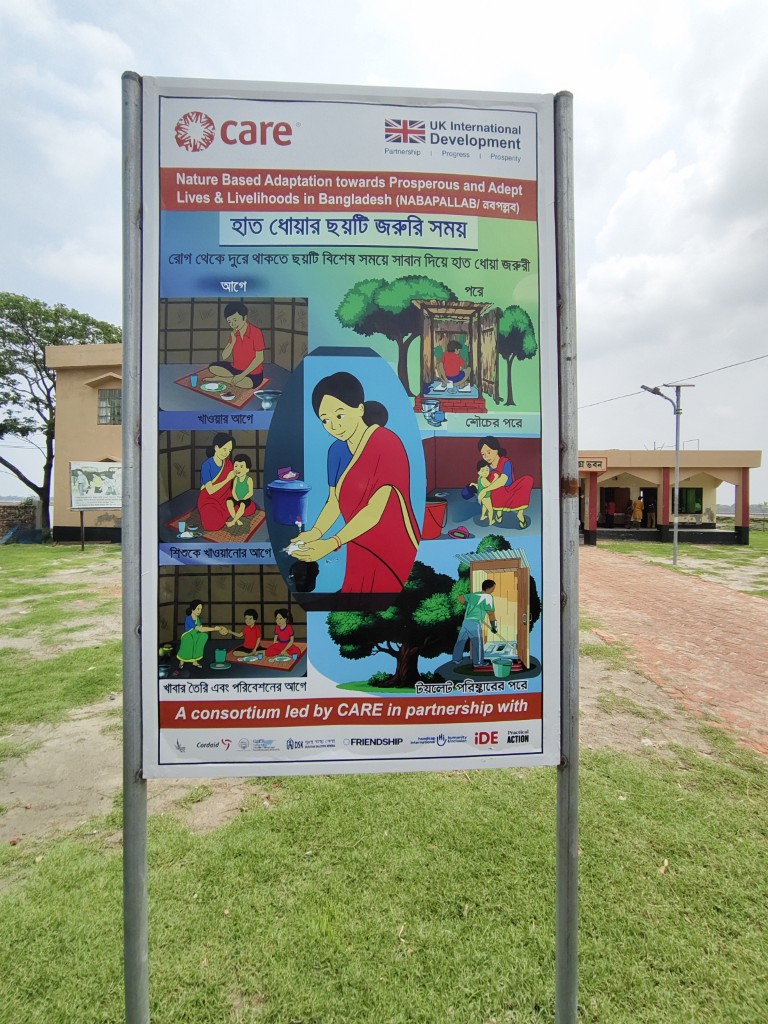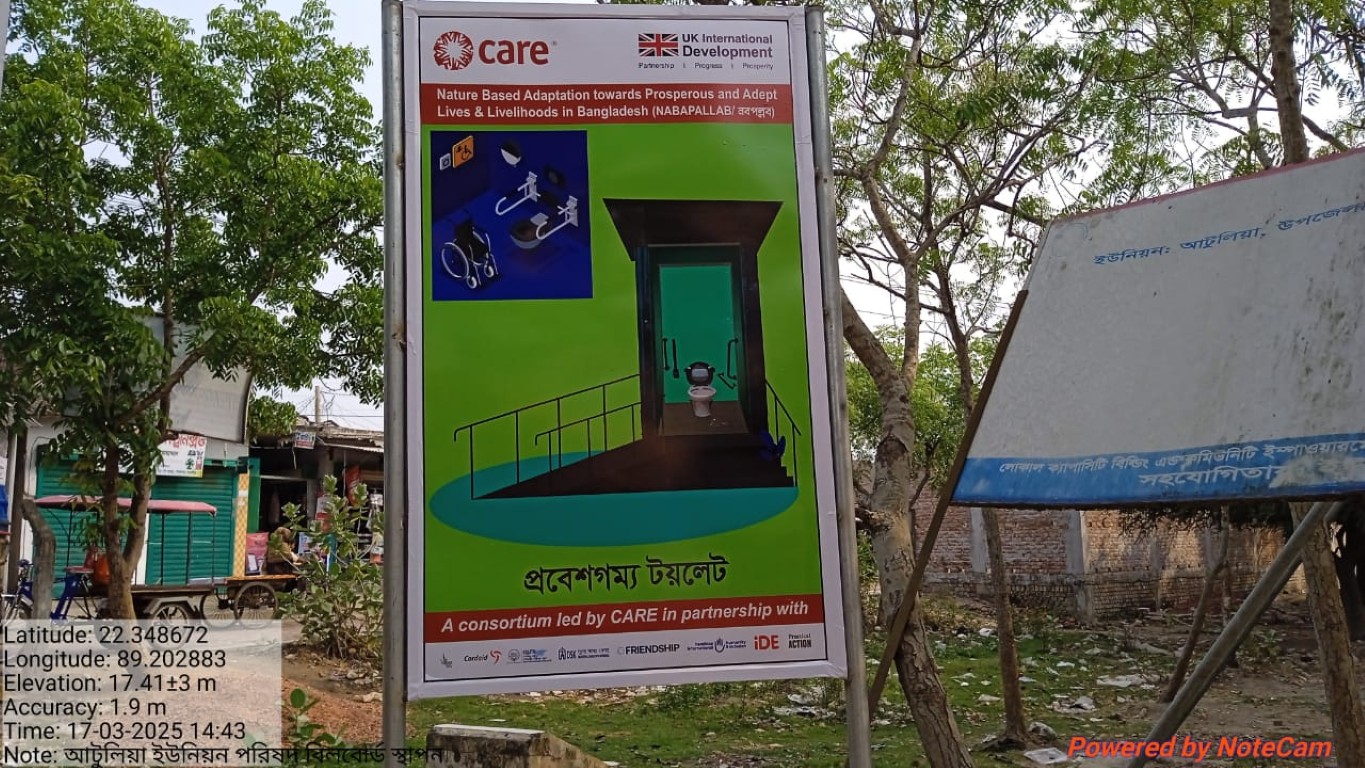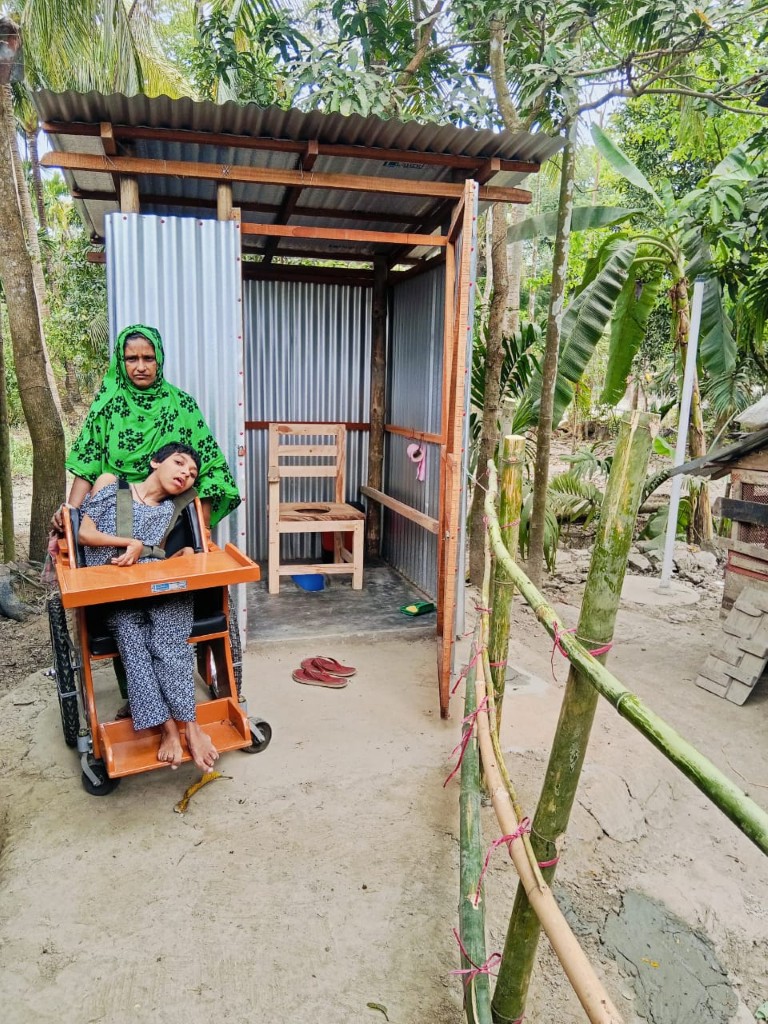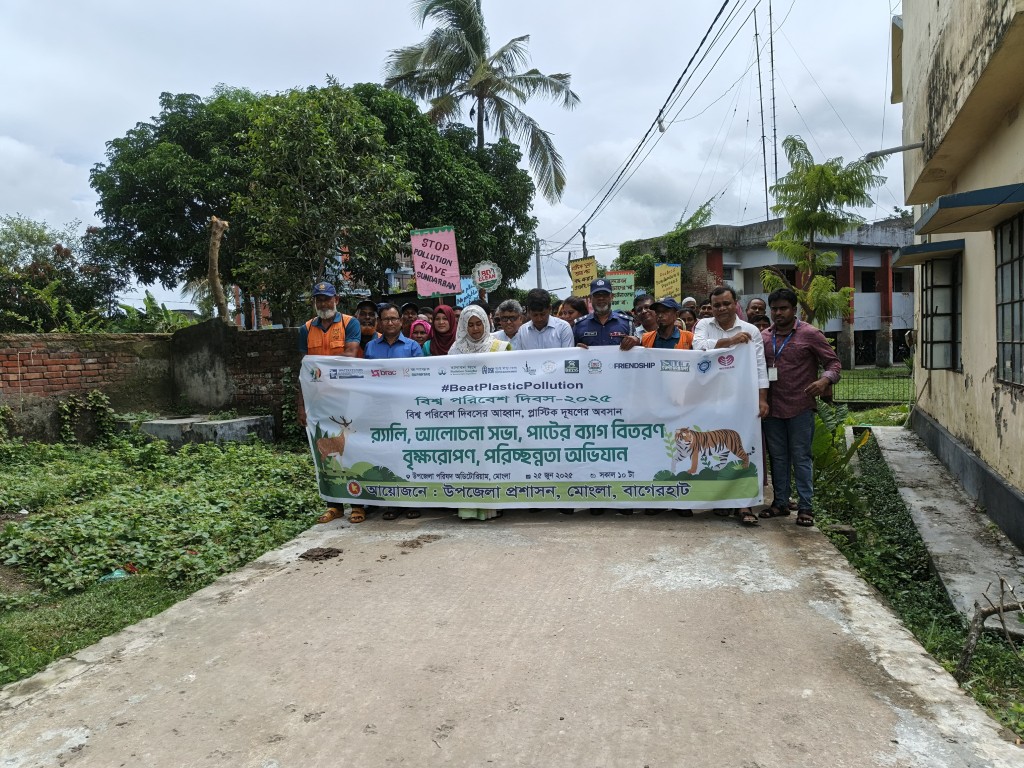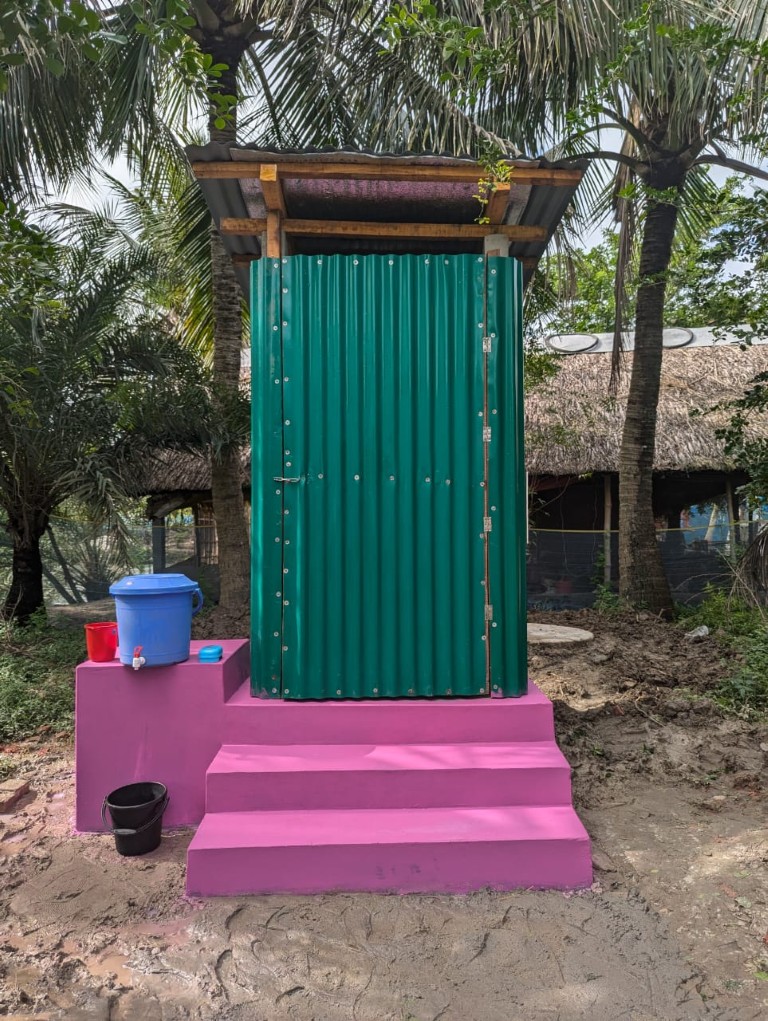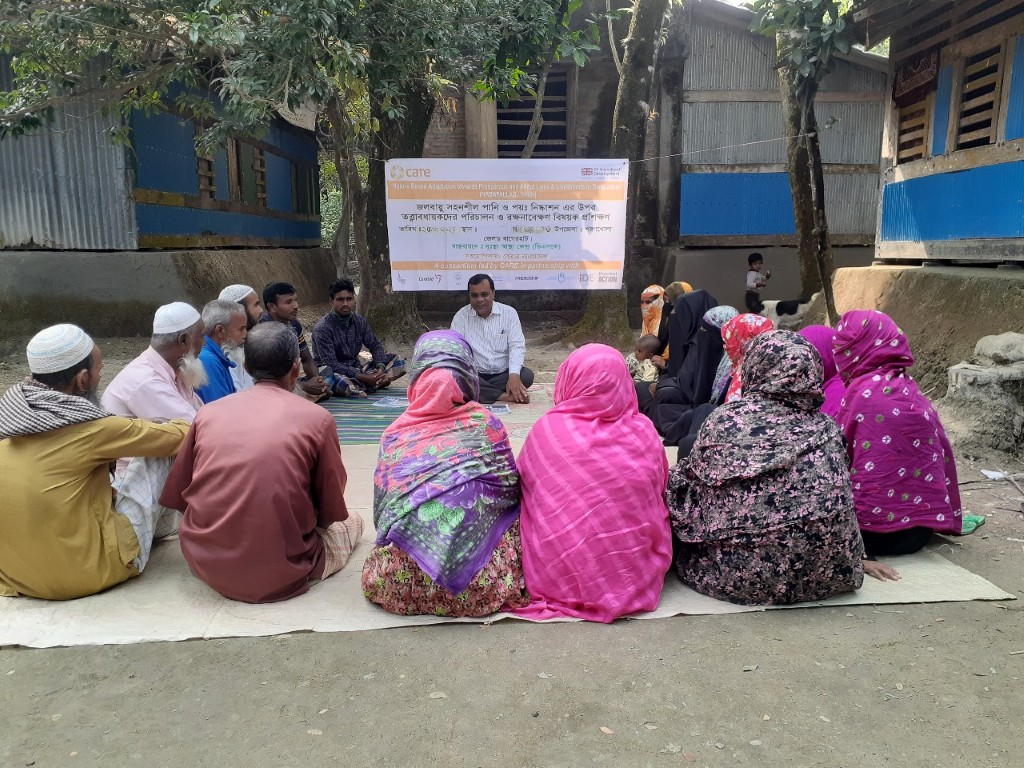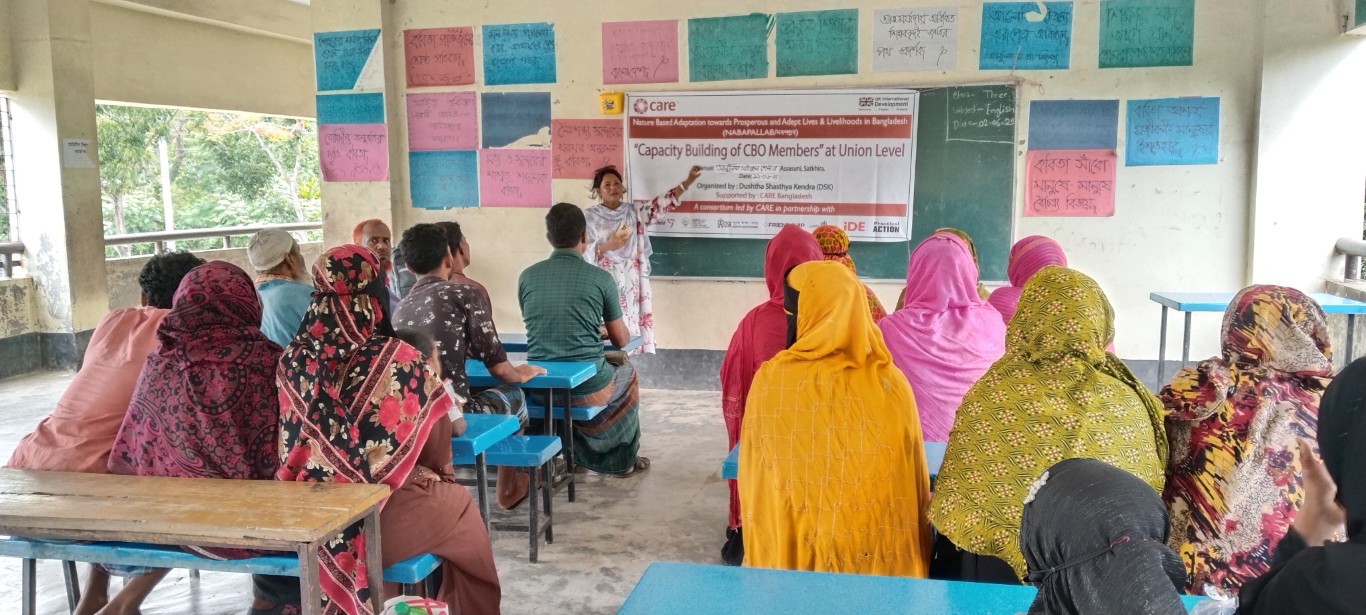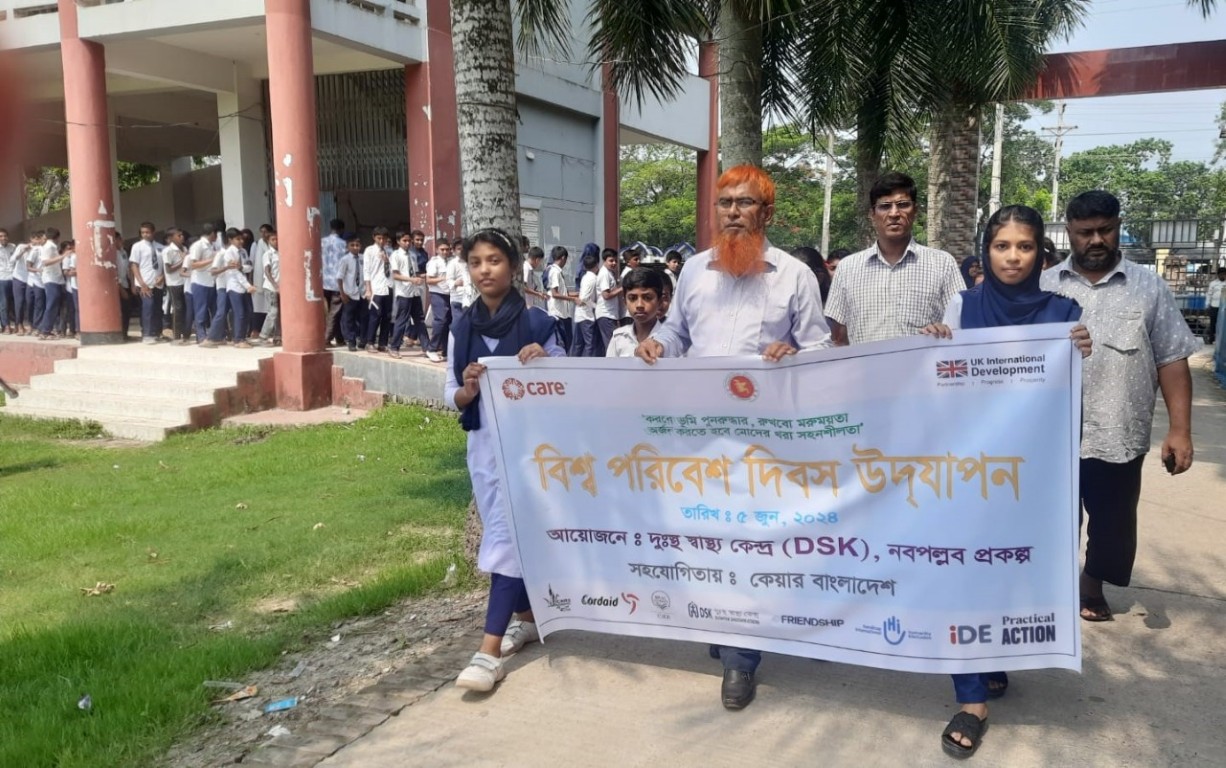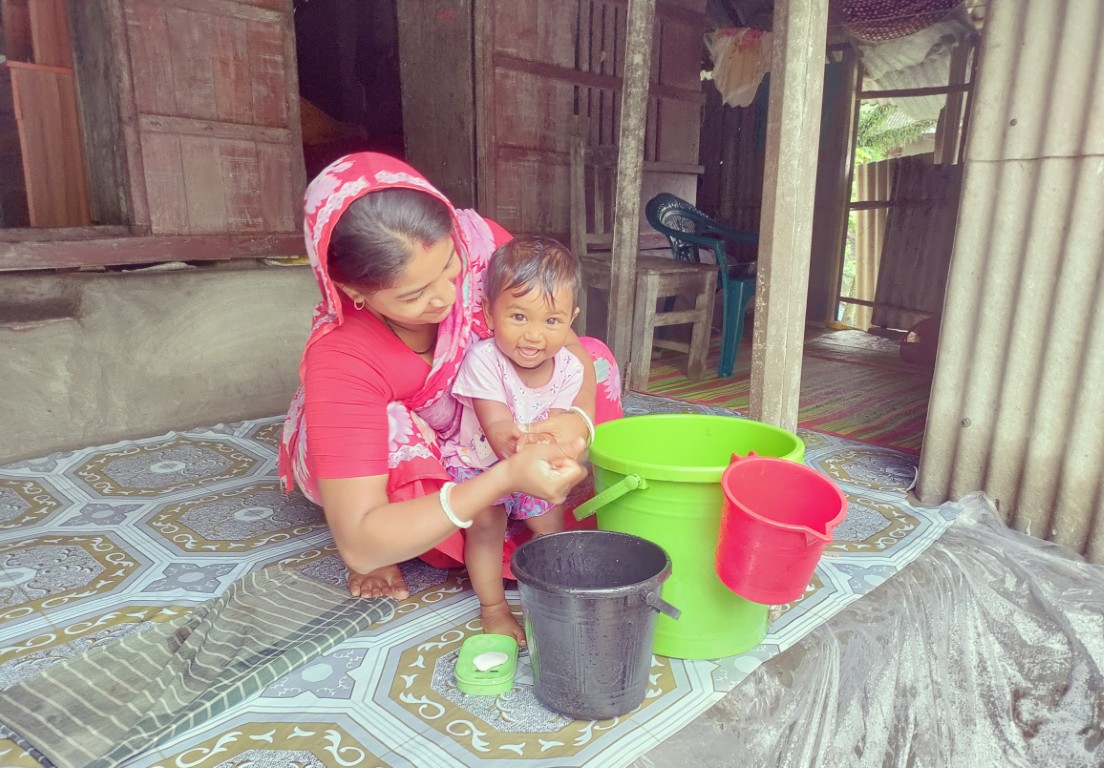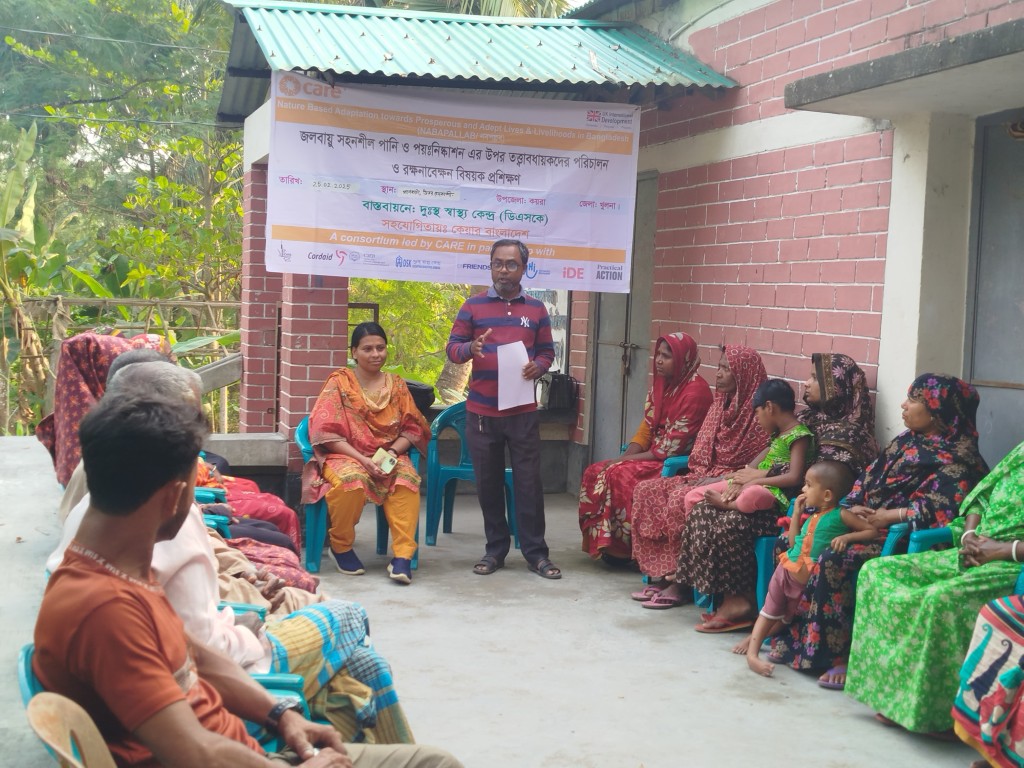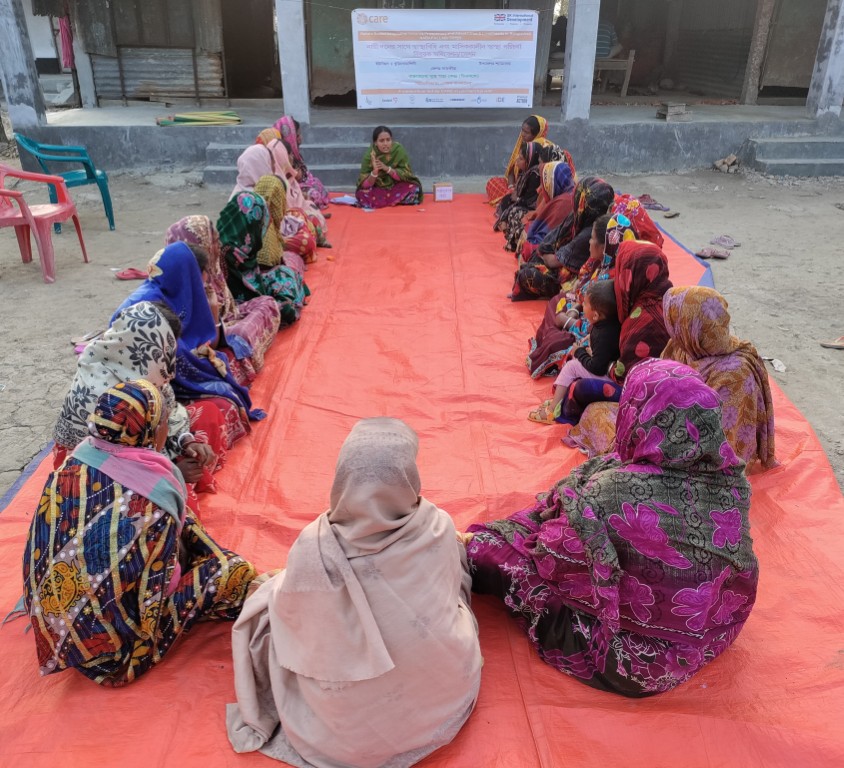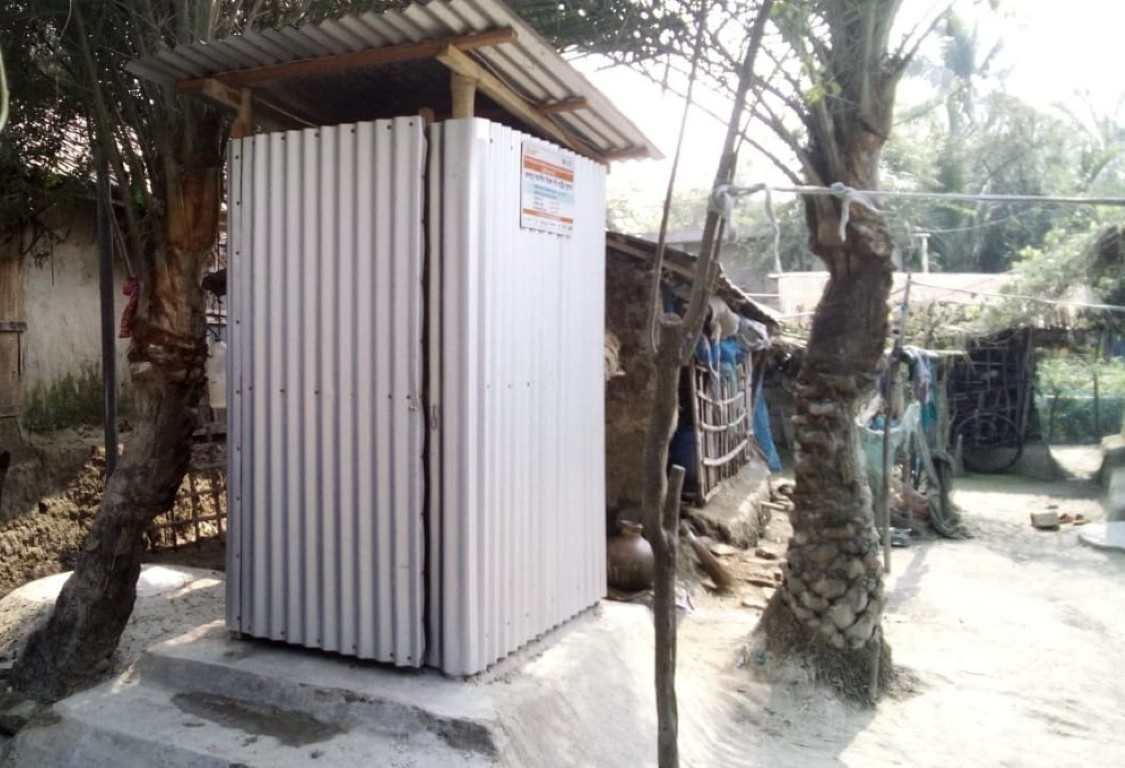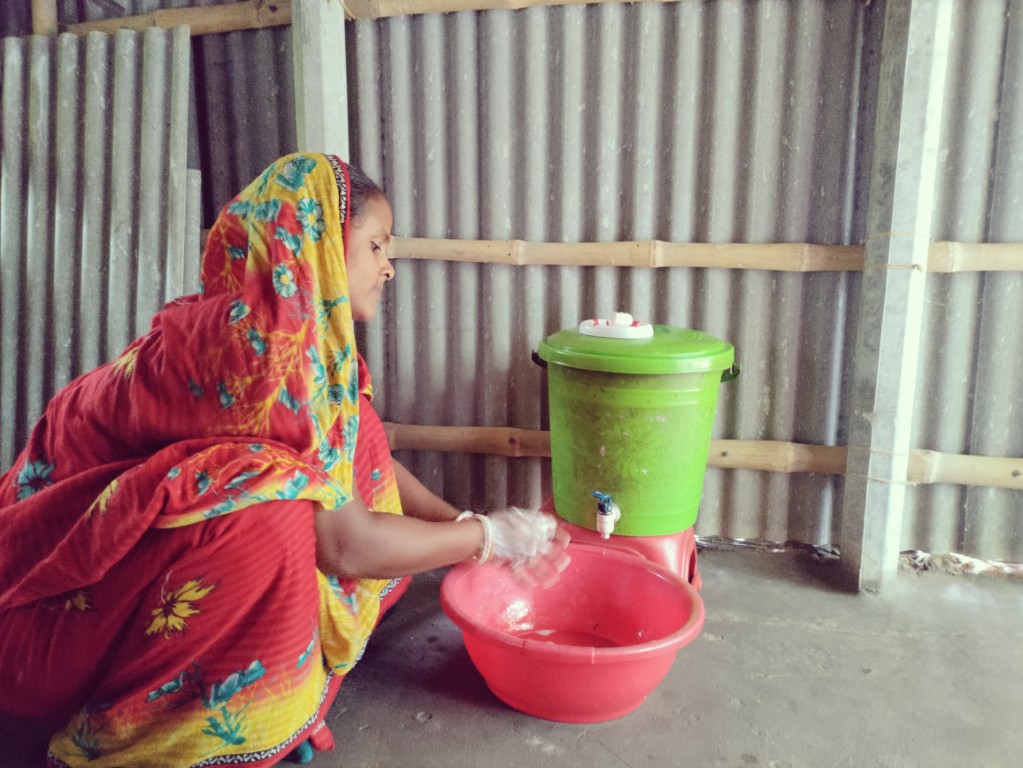Nature Based Adaptation towards Prosperous and Adept Lives & Livelihoods in Bangladesh (NABAPALLAB)
Bangladesh, one of the most climate-vulnerable countries, faces recurring disasters such as floods, cyclones, and salinity intrusion, severely impacting ecosystems, livelihoods, and food security. Ecologically Critical Areas (ECAs) like the Sundarbans and Hakaluki Haor are under increasing threat due to climate change and human activities. Despite policies and projects aimed at conservation, urgent, coordinated action is required to strengthen ecosystem resilience. This project aims to enhance biodiversity conservation and climate resilience in ECAs by engaging local, natural resource-dependent communities and promoting nature-based, locally led adaptation solutions, contributing to national and global environmental goals.
Objective
To address current and future adverse impacts of climate change in the Ecologically Critical Areas (ECAs) in a timely, effective, and ecosystem-centric manner that also builds the resilience of the livelihoods of surrounding communities.
| Project Duration | Target population | Study Area | Budget |
| October 2023-December 2026 | 44684 Households |
· SATKHIRA- Shyamnagar, Assasuni · KHULNA- Dacope, Koyra, Paikgacha · BAGERHAT- Mongla, Morolganj, Rampal, Shoronkhola |
205,228,257 BDT |
Consortium Partner
- CARE Bangladesh-Consortium Lead Partner
- Dushtha Shasthya Kendra (DSK)
- Centre for Climate Change and Environmental Research (C3ER)
- Center for Natural Resource Studies (CNRS)
- Friendship
- Handicap International Federation Humanity Inclusion (HI)
- iDE
- Practical Action
- Cordaid
Key Achievements
- Climate-resilient single and twin pit latrines installed through community consultation.
- Inclusive latrines installed ensuring accessibility for all.
- Hygiene promotion training conducted for project staff.
- Monitoring and Project Management Information System (mPMIS) training and refresher sessions held for effective monitoring.
- ToT and refresher sessions on climate-resilient WASH conducted for staff.
- Capacity-building training held for LGIs on resilient WASH services.
- Gender training and refresher organized for project staff.
- Observed key global days (Environment Day, Handwashing Day, Water Day) to raise awareness.
- Hygiene promotion messages displayed through signboards and digital boards.
- Stakeholder meetings conducted to ensure coordination and ownership.












